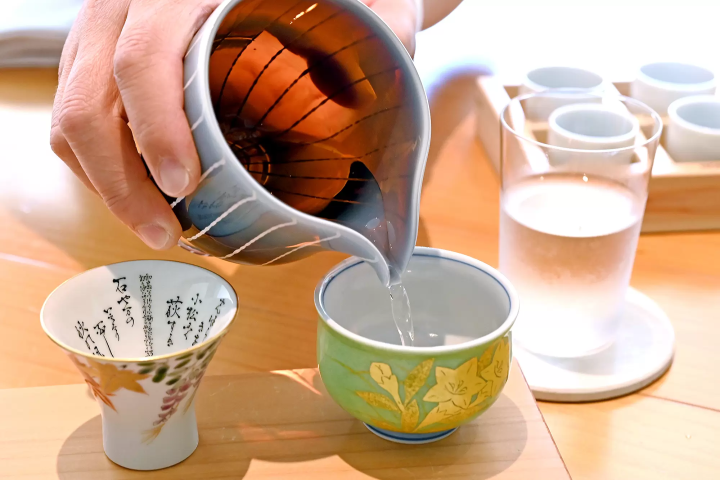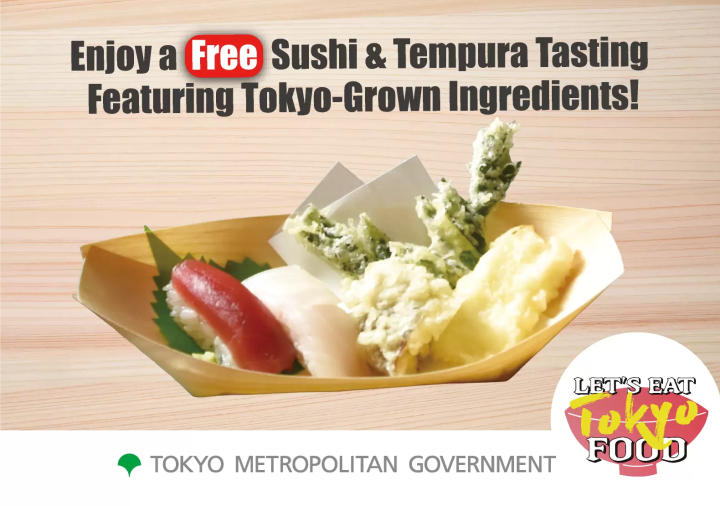Japanese Tea Ceremony: 10 Unique Experiences in Kyoto, Tokyo, and Nagoya

These 10 tea ceremony experiences provide perfect occasions to deeply immerse yourself into Japanese tea culture. Blend them with various arts and crafts to widen your insights even more.
The Japanese tea ceremony might feel intimidating, and some people imagine it to be quite strict and ritualized. However, at its core lies hospitality and a pure appreciation of tea. The hosts of the following experiences are committed to making the tea ceremony accessible and enjoyable for their guests.
If you've always wanted to take part in a tea ceremony in Japan, browse through the following 10 exclusive tea ceremony experiences provided by tea masters from Kyoto, Tokyo, and Nagoya.
10 Truly Unique Tea Ceremony Experiences in Japan
1. Relaxing Tea Ceremony at a Historical Kyoto Confectioner
2. Tea Ceremony with Seasonal Light Meal in Kyoto
3. Ikebana and Tea Ceremony for the Four Seasons in Kyoto
4. Experience Calligraphy and Tea Ceremony in Kyoto
5. Uji Authentic Tea Ceremony with Hands-on Green Tea Milling
6. Japanese Tea Culture Experience and Tea-Based Lunch
7. Enjoy Traditional Architecture and Tea Ceremony in Tokyo
8. The Art of Tea and Japanese-Influenced French Cuisine in Tokyo
9. Candlelit Tea Ceremony with Kaiseki Meal in Tokyo
10. Nighttime Tea Ceremony at a Tea Room in Nagoya
Read also
1. Relaxing Tea Ceremony with Exclusive Treats from a Historical Kyoto Confectioner
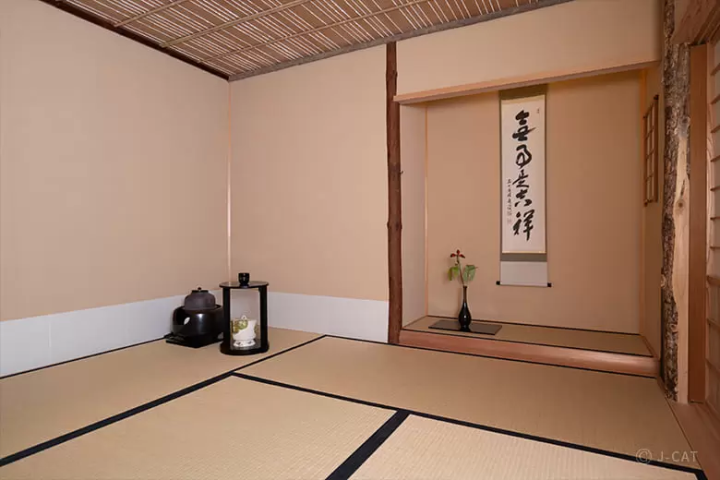
Picture courtesy of Wabunka
With a history of 300 years, the Kyoto confectioner Sasaya-iori invites you to explore traditional and modern Japanese tea culture through the art of sweets. Participate in a refined cultural experience at the Sasaya-iori Villa Annex in Hotel Emion Kyoto.
First, you will join a tea ceremony in the Sasaraan tea room. Supervised during construction by the Urasenke Tea School, this tea room offers authentic surroundings while you are guided through the experience.

Picture provided by Sasaya-iori for Wabunka
Afterwards, you are invited to the counter seating of the cafe to enjoy specially prepared sweets while learning more about the historical origins of the Sasaya-iori family.
2. Tea Ceremony with Seasonal Light Meal in Kyoto
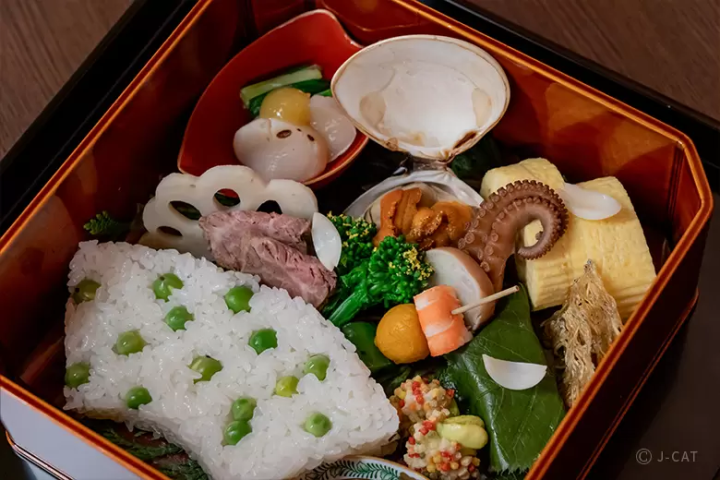
Picture courtesy of Wabunka
Just like in a chaji (formal tea ceremony), Towa Ryokan offers a light meal followed by a "gentle tea ceremony" that even unfamiliar guests will not feel intimidated by.
The meal, called cha-kaiseki, is enriched with seasonal delicacies prepared by the owner-chef and head chef. They also offer vegetarian and vegan alternatives.
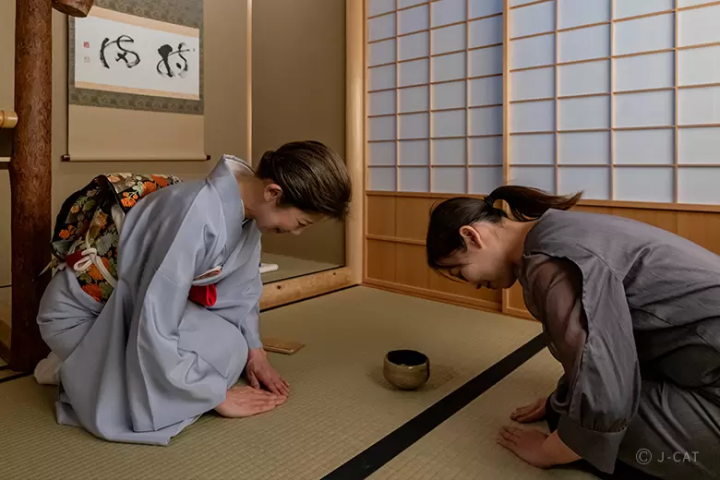
Picture courtesy of Wabunka
The tea ceremony takes place at the Seika-an tea room, named by one of the masters of the Urasenke Tea School. With over 30 years of practice in this style of tea ceremony, Ms. Ota guides you through the experience. Her goal is to eliminate any intimidation you might feel and allow you to experience the warmth and kindness of the tea ceremony.
↑ Return to the top of article.
3. Ikebana and Tea Ceremony for the Four Seasons in Kyoto

Picture courtesy of Wabunka
Gensoan is a place where Kyoto’s traditions live on. Explore the blend of architecture, seasonal flowers, tea culture, and other arts and crafts in an authentic kyo-machiya, a traditional Kyoto-style merchant house.
Starting with a guided tour through Gensoan, you will experience the transition from public to private that a kyo-machiya has to offer.
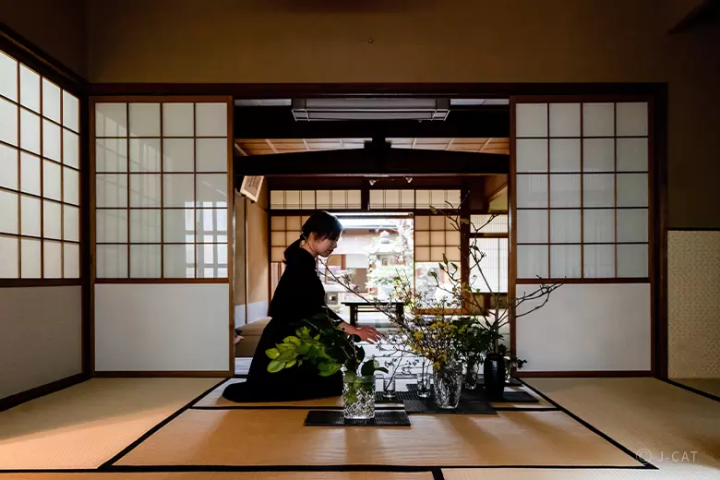
Picture courtesy of Wabunka
Learn the basics of ikebana, traditional flower arrangement, and even take home your own creation. Be guided through a tea ceremony with seasonal influences and authentic hospitality. The experience can be further enhanced with add-ons such as calligraphy, furoshiki cloth wrapping, or hashi-bukuro (chopstick bag) crafting.
4. Experience Calligraphy and Tea Ceremony in Kyoto
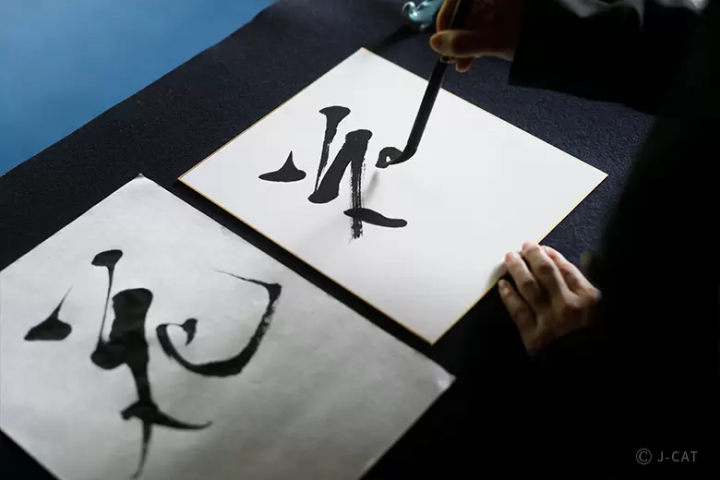
Picture courtesy of Wabunka
Take part in a special tea ceremony featuring your own calligraphy at Saigyo-an, the place where the historical poet Saigyo Hoshi spent the end of his life. For this unique event, the Jomyo-an hall is exclusively reserved just for you.
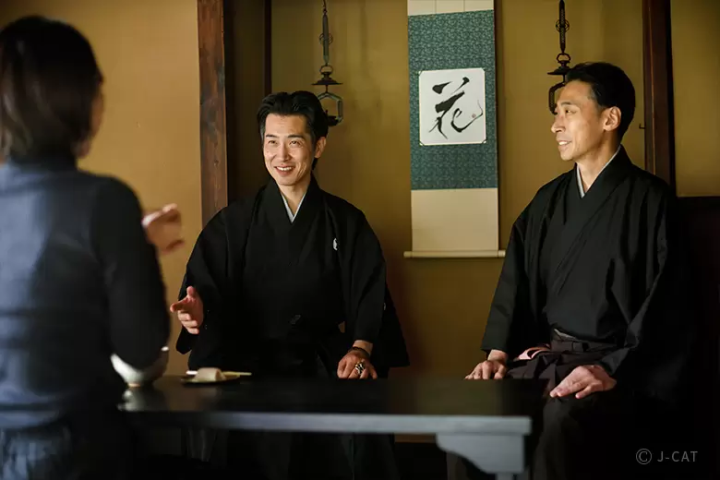
Picture courtesy of Wabunka
The internationally recognized calligrapher Tyjun Nagayama will showcase his work before imparting all the intricacies to you. You will create a calligraphy piece using characters from seasonal waka, traditional short poems, which will serve as the focal point of the forthcoming tea ceremony.
In the latter half of the activity, you will take part in a samurai-style tea ceremony in the Eni School tradition, a school founded by your host, master Chikuho Hanawa.
↑ Return to the top of article.
5. Nakamura Tokichi: Tea Ceremony Experience with Hands-on Green Tea Milling

Picture courtesy of Wabunka
Nakamura Tokichi Honten, a tea merchant with over 160 years of history, offers a unique blend of experiences to immerse yourself in tea culture.
First, you will be introduced to the significance of the Zuishoan tea room. After tasting the kumidashi, the water used for the tea ceremony, you will proceed to produce matcha by carefully grinding tencha leaves.
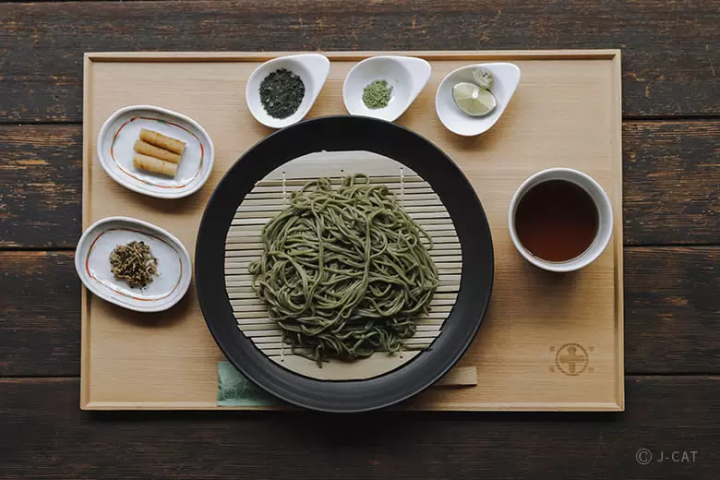
Picture courtesy of Wabunka
Similar to a real chaji, a formal tea ceremony, you will be served a meal followed by usucha, thin tea, and koicha, thick tea. The meal includes matcha-infused soba and jelly made from fresh tea, highlighting Nakamura Tokichi’s flagship products.
6. Japanese Tea Culture Experience with Lunch in Sakai, Osaka — Sen no Rikyu's Hometown
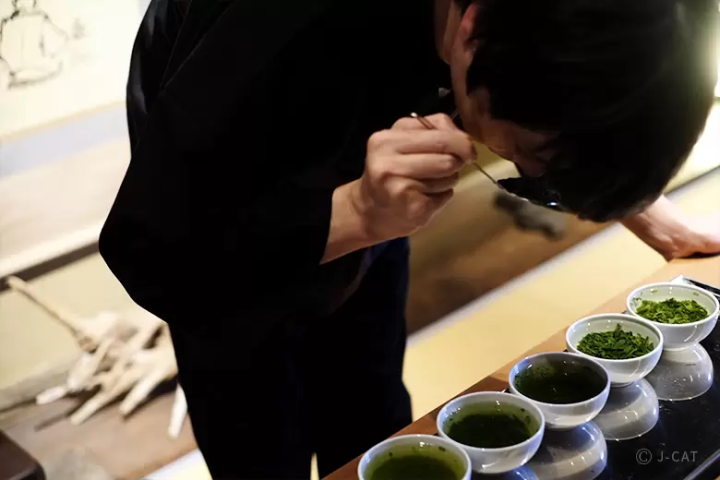
Picture courtesy of Wabunka
Delve deep into the world of tea, engaging all your senses — even without a full tea ceremony. The tea shop Tsuboichi Seicha Honpo invites you to immerse yourself in tea culture in Sakai, the hometown of master Sen no Rikyu (1522 - 1591), who refined the art of tea ceremony to its accomplished form that was transmitted to this day.
You will commence with two tea-based welcoming drinks served in a private room. A licensed tea instructor will guide you through the tea-making process, encouraging you to see, feel, smell, touch, and taste.
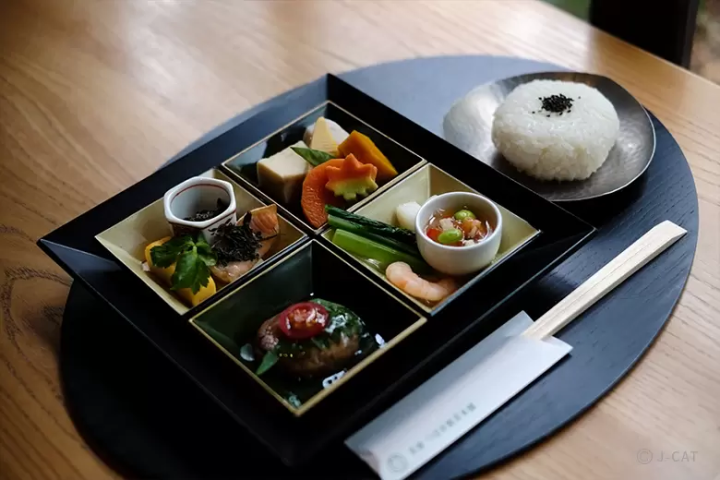
Picture courtesy of Wabunka
To conclude this experience, you will indulge in a tea-based meal, including an exclusive dessert, while enjoying the serene view of the courtyard.
↑ Return to the top of article.
7. Enjoy Traditional Architecture and Tea Ceremony with Lunch in Tokyo

Picture courtesy of Wabunka
The Michelin 3-starred restaurant Genyadana Hamadaya invites you to a tea ceremony surrounded by traditional architecture that almost feels alive.
Discover more about Ningyocho in Tokyo, the historic area where the restaurant is situated, while appreciating seasonal artworks that have been passed down through the Hamadaya family. Following this, you will enjoy a mini-kaiseki course in a private room overlooking a Japanese garden. If desired, you can enhance your experience by arranging for the company of two geisha performers.

Picture courtesy of Wabunka
The subsequent ryurei-style tea ceremony, performed with chairs and tables, offers you the comfort and ease to participate while seated comfortably.
8. Tea Ceremony and Japanese-Influenced French Cuisine in Tokyo

Picture courtesy of Wabunka
Immerse yourself in a fusion of Japanese culture with Western influences at the restaurant and pottery gallery, Hasabon. Experience a relaxed tea ceremony followed by a French-themed meal.
The tea ceremony commences with sweets and matcha prepared by a certified instructor from the Urasenke Tea School and the Tea Ceremony Association.
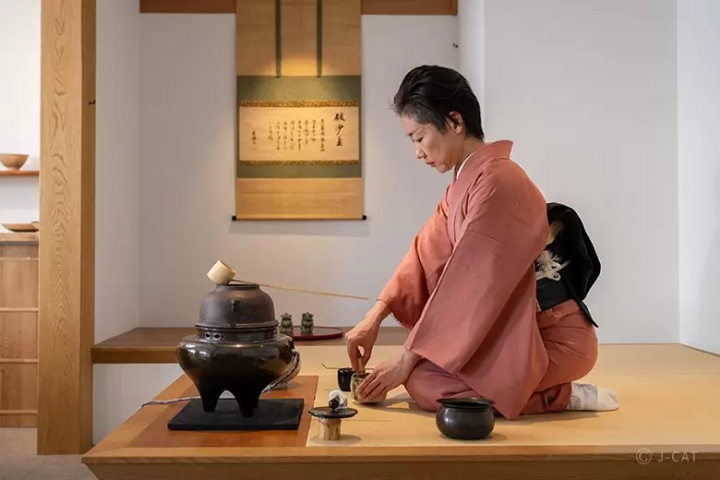
Picture courtesy of Wabunka
After enjoying the tea, you can select a tea bowl and learn the art of preparing matcha, all while seated comfortably—cross-legged or even on a chair. Conclude your time at Hasabon with a French meal crafted by the chef using seasonal Japanese ingredients.
↑ Return to the top of article.
9. Candlelit Tea Ceremony Experience with Kaiseki Meal in Tokyo

Picture courtesy of Wabunka
Minami Aoyama Sokkon has reconfigured the formal tea ceremony to blend traditional and modern tea culture. Guests from all backgrounds are welcome to partake in this luxurious course.
Enhance all your senses during a tea ceremony in the ambiance of candlelit silence. Soukou Udagawa, the 18th Head of the Souwa Tea School, will expertly lead you through the experience, focusing on the essence of the tea ceremony: the simple enjoyment of tea.

Picture courtesy of Wabunka
Following the tea ceremony, a kaiseki meal is served, combining a cosmopolitan flair with European-style dishes prepared with the same care as traditional Japanese cuisine. Conclude the experience with tea-themed cocktails, alcoholic or non-alcoholic, and seasonal desserts.
10. Nighttime Tea Ceremony at a Tea Room in Nagoya - with Optional Kimono Dressing

Picture courtesy of Wabunka
Immerse yourself in an evening filled with Japanese hospitality at Nagomi Koan tea room. Enhance this experience with optional kimono dressing for an added touch of tradition.
Jyoken Kagawa, a tea instructor from the Omotesenke Tea School, brings a unique perspective, having been a successor-in-training at a prestigious restaurant in Nagoya.

Picture courtesy of Wabunka
With a strong focus on explaining tea ceremony etiquettes, Jyoken Kagawa aims to help you appreciate how these customs enhance your time in the tea room. This setting allows you to fully enjoy a meal followed by a tea ceremony before learning to prepare matcha yourself.
↑ Return to the top of article.
FAQ
Is it better to do a tea ceremony in Tokyo or Kyoto?
Tokyo and Kyoto offer distinct tea ceremony experiences, each highlighting Japan's rich cultural heritage in unique ways. In Kyoto, known for its historical significance, participating in a tea ceremony immerses visitors in traditional rituals within serene and authentic settings such as historic tea houses or temples. Tokyo, on the other hand, provides a blend of traditional and modern tea ceremonies, offering a diverse range of experiences that showcase the city's dynamic atmosphere and innovative interpretations of the tea ceremony tradition. Whether you prefer the deep-rooted traditions of Kyoto or the contemporary blend in Tokyo, both cities present memorable opportunities to engage in the art and elegance of the Japanese tea ceremony, allowing visitors to appreciate the cultural nuances and beauty of this time-honored practice.
Where to experience a tea ceremony in Japan?
Immersing oneself in a traditional tea ceremony in Japan offers a captivating insight into the country's rich cultural heritage. In Kyoto, renowned for its historical significance, tea houses like Camellia Tea Ceremony and Tea Ceremony Nagomi provide authentic and immersive experiences steeped in tradition. Tokyo also offers a blend of traditional and modern tea ceremonies, with cultural centers, tea houses, and even locations like the Hamarikyu Gardens providing serene settings for participants to partake in this time-honored practice. Tea ceremony schools such as Urasenke and Omotesenke offer hands-on learning experiences, while temples and gardens across Japan, like Meiji Shrine in Tokyo and Kinkaku-ji in Kyoto, occasionally host tea ceremonies, inviting visitors to engage with tea traditions in tranquil and historic environments. These diverse opportunities allow travelers to appreciate the art and elegance of the Japanese tea ceremony amidst varied cultural settings across Japan.
What do you wear to a Japanese tea ceremony?
For a Japanese tea ceremony, it is advisable to dress in conservative and formal attire to show respect for the ritual and the host. Men may opt for a dark suit or a formal kimono like a "montsuki," while women can choose a formal kimono or a subdued dress or suit. Upon entering the tea room or tea house, it is customary to remove your shoes, so clean and presentable socks or tabi socks are appropriate. Muted colors are preferred over loud or flashy patterns to maintain the solemnity of the occasion, and it's best to keep accessories to a minimum to uphold a sense of simplicity and elegance. Hair and makeup should be understated and natural to complement the respectful atmosphere of the tea ceremony, allowing participants to fully engage in this cultural tradition with the appropriate attire.
What not to do at a Japanese tea ceremony?
During a Japanese tea ceremony, it is essential to adhere to customs and etiquette to demonstrate respect for the ritual and the host. Avoid being late to the ceremony, as punctuality is highly valued in Japanese culture. Maintain a quiet demeanor and refrain from speaking loudly to preserve the serene atmosphere. It is important not to touch the tea ceremony utensils unless instructed by the host, treating them with care and reverence. Silence your mobile phone to prevent disruptions and show consideration for the solemnity of the occasion. If offered a bowl of tea, it is customary to accept it gracefully and partake in the tea, even if you are unfamiliar with matcha or tea ceremony traditions. By observing these guidelines, participants can fully engage in the cultural experience of the tea ceremony with respect and attentiveness.
What to expect in a Japanese tea ceremony?
Participating in a traditional Japanese tea ceremony is a cultural immersion characterized by a welcoming atmosphere and a focus on ceremonial rituals. Guests can expect a serene and peaceful setting where the host meticulously prepares and serves matcha with precision and grace, adhering to established customs and traditions. Etiquette and mindfulness play key roles, with participants showing respect, humility, and appreciation throughout the ritual. The shared experience of receiving and savoring the tea encourages silent contemplation, fostering a deeper connection with the beauty of the ceremony and the tranquility of the surroundings. Through this immersive cultural practice, participants gain insights into Japanese aesthetics, philosophy, and Zen principles, enriching their understanding and appreciation of Japanese culture and traditions.
What is the Japanese tea ceremony for?
The Japanese tea ceremony, also known as "chanoyu" or "sado," is a revered cultural tradition that serves as a powerful symbol of Japanese aesthetics, philosophy, and hospitality. This ceremonial practice embodies principles of harmony, respect, purity, and tranquility, providing profound insights into Japanese customs and values. Beyond its cultural significance, the tea ceremony encourages mindfulness, connection, and a sense of unity among participants, fostering moments of grace, hospitality, and shared contemplation. Through meticulously choreographed rituals and movements, the ceremony highlights the beauty of simplicity, the aesthetics of tea utensils, and the art of serving tea with reverence and respect as an offering of hospitality and harmony. Rooted in Zen Buddhism and traditional Japanese spirituality, the tea ceremony also serves as a means to cultivate inner peace, mindfulness, and spiritual connection, embodying Zen principles of simplicity, tranquility, and awareness in a practice that transcends mere tea preparation to offer participants a holistic and enriching cultural experience.
What are the 4 principles of the Japanese tea ceremony?
The Japanese tea ceremony, guided by the principles of "wa-kei-sei-jaku," embodies four fundamental values essential to the ceremonial practice. "Wa" emphasizes harmony, representing the unity and tranquility among participants. "Kei" underscores respect for the tea, the host, and each other, fostering an atmosphere of reverence and esteem. "Sei" underscores purity, calling for cleanliness and mindfulness to achieve a state of sincerity and simplicity. "Jaku" signifies tranquility, encouraging a serene and peaceful ambiance that cultivates calmness, mindfulness, and reflection. Together, these principles form the foundation of the tea ceremony, creating a space of unity, respect, purity, and tranquility where participants can engage in a cultural and spiritual experience that celebrates harmony, respect, purity, and tranquility in every gesture and moment of the ceremony.
Enjoy an Exclusive Tea Ceremony in Japan
Deeply rooted in the country's culture and history, the Japanese tea ceremony continues to be cherished by practitioners today. While some uphold the traditional style and others infuse it with modern influences, all hosts encourage you to join in with ease.
Enhance your experience by pairing it with a meticulously prepared kaiseki meal or engaging in an arts and crafts workshop such as ikebana or calligraphy, tailoring the experience to meet your personal expectations.
By participating in one of the bespoke tea ceremonies highlighted above, you will truly immerse yourself in Japanese hospitality!
Read also
Main image courtesy of Wabunka
Originally form Germany, currently living in Yokohama.
Anne first came to Japan in 2016 for a one year study abroad in Yamanashi Prefecture. After a few years of living and working in Germany, she came back to Japan in 2022. With a big interest in traditional Japanese culture, Anne is practicing tea ceremony (Omotesenke) ever since her study abroad. With work experience in technical writing and content writing in German, Anne want so combing all her experiences and passions as a freelance writer for MATCHA.






































![[Shinjuku Nishiguchi HALC] About the d Point Campaign](https://resources.matcha-jp.com/resize/720x2000/2026/02/14-258714.webp)
